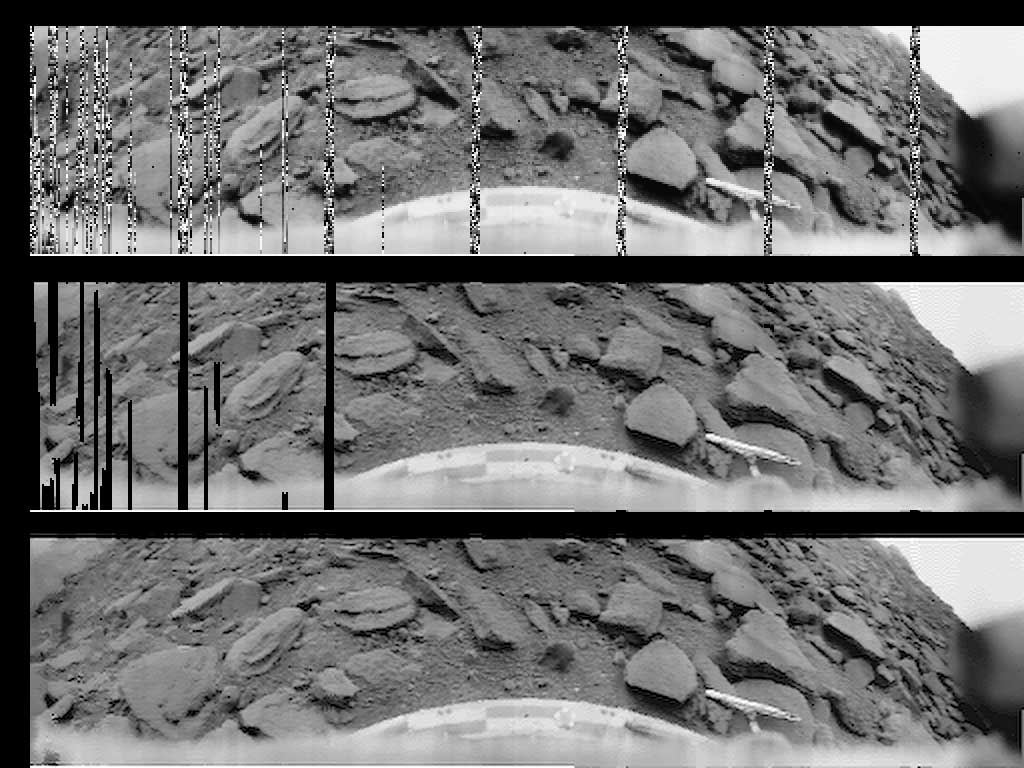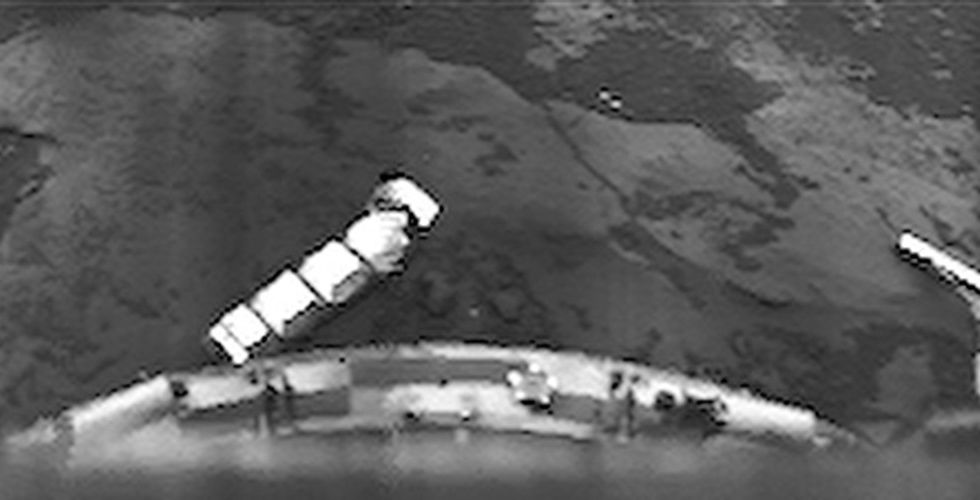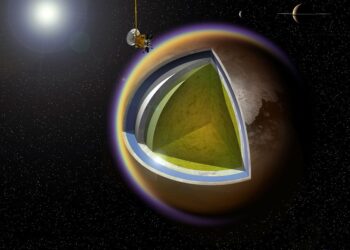Could Venus, now known for its searing heat and crushing atmosphere, have once been a lush world with calm oceans and a mild climate? Scientists believe so, and recent findings suggest that a series of catastrophic volcanic events may have doomed Venus to its current infernal state.
Once Earth’s Twin, Now a Hellish Wasteland
Venus and Earth are believed to have started out as cosmic siblings. Both planets share similar sizes and compositions, and both orbit within the Sun’s habitable zone. But unlike Earth, which nurtured life, Venus veered toward a deadly fate. “It’s a harsh world where temperatures are high enough to melt lead,” explained planetary geophysicist Matthew Weller, in an interview with Mashable.
New research, published in Science Advances, models how Venus went from being Earth-like to an inhospitable wasteland. The study shows that Venus experienced a series of violent geological events. These events allowed volcanic activity to coat the surface in molten rock and release enormous amounts of greenhouse gases. This thickened the atmosphere, trapping heat and raising surface pressure to extreme levels.

The surface pressure on Venus is now 92 times that of Earth—equivalent to having over 600 kilograms pressing down on every square centimeter. According to the Planetary Society, this pressure feels like a small car crushing your thumb.
Could It Happen Here?
While Earth has maintained a relatively stable environment, Venus’ story is a stark reminder of how fragile planetary climates can be. What triggered the chain reaction on Venus? Scientists suggest that a major volcanic event disrupted the planet’s ability to regulate its atmosphere.
On Earth, carbon dioxide is naturally absorbed over millions of years through rock weathering, keeping temperatures in check. Venus, however, lost this stabilizing mechanism, leading to a runaway greenhouse effect. “Once plate tectonics stopped, there was no way back,” Weller adds.

NASA’s upcoming DAVINCI mission aims to demystify Venus by sending a probe through its thick atmosphere. During its descent, the probe will measure gases and capture high-resolution images of the planet’s rugged terrain. This mission could finally answer questions about Venus’ lost past and reveal whether it once resembled Earth more closely than we ever imagined.
Venus’ history is a warning about how dramatically planets can evolve. Could a similar transformation happen to Earth in the distant future? It’s a chilling possibility, one that underscores the importance of understanding planetary processes and preserving our planet’s delicate balance.











